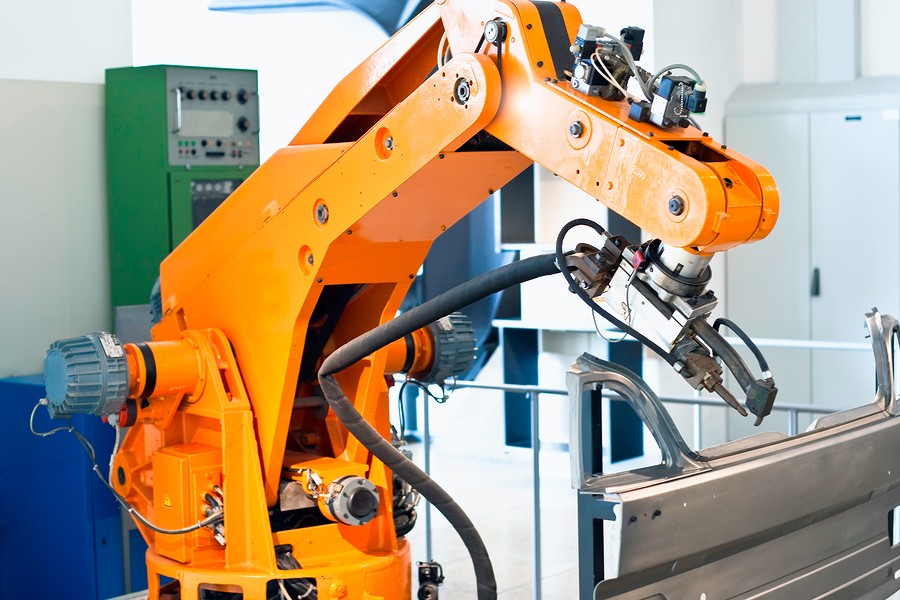3 Ways Outsourcing Can Help Your Business in Both Good Times and Bad

Today’s manufacturing climate demands higher productivity than ever before. Many company leaders are maintaining a competitive edge by automating more of their processes, requiring plant managers to keep up with the demands of a growing array of modern equipment. It can be difficult to stay ahead of equipment breakdowns, let alone reap the benefits of preventive maintenance. Therefore, plant managers are faced with the question of whether to outsource their manufacturing maintenance and repair or retain in-house teams.
Manufacturers of all sizes are discovering the advantages of outsourcing. According to an Industry Week article, “Even small and medium-sized companies are finding strategic benefits from third-party maintenance approaches.” Here are three reasons why outsourcing your manufacturing maintenance and repair could help your business in good times and bad.
1. Outside providers have more experience and expertise.
For many manufacturers, it doesn’t make sense to hire full-time teams to anticipate all maintenance needs. And in-house staffs often don’t have the specialized training necessary to make the right repair decisions.
According to a Modern Machine Shop article, “Knowledge is power, and knowledgeable operators are key to maximizing the production power of your machines.” Outside providers are up-to-date on training and certifications. They’re well-versed in preventive maintenance, troubleshooting techniques, and the service life of specialized manufacturing machinery. Contracting with an outside provider gives you access to highly-trained technicians with the necessary tools, parts, and education levels needed to perform any task.
2. Outsourcing costs less.
Many company decision-makers think it will cost them more money to outsource than to perform in-house maintenance. But in-house staff members require full-time pay, benefits, and expensive specialized training. This can cost thousands more than contracting with a service company. Outsourcing also eliminates the need to purchase the tools, electronic troubleshooting devices, and parts necessary to maintain complex machinery.
A trained contractor can optimize each machine’s performance through a regular preventive maintenance program, slashing maintenance costs over time. Equipment reliability also makes it less likely that unexpected repairs will sideswipe a company in times of economic slowdown. Some outside providers take cost efficiency to the highest level by specializing in Six Sigma training. According to a Plant Services white paper, “By introducing tools like Six Sigma and Lean process assessments, the outsource provider can develop solutions to improve the condition of the equipment without increasing the total cost of maintenance.” This allows manufacturers to get the highest return possible on their equipment investments — for the lowest costs.
3. Outsourcing improves productivity and slashes downtime.
Downtime hurts the bottom line in any industry. Trained technicians can analyze the use of all machines in a plant and schedule maintenance accordingly, addressing problems before machines and parts break down. And if a breakdown does occur, contractors possess the specific skill sets necessary to fix all pieces and get them back online quickly. Well-maintained, reliable machinery also allows plant managers to quickly ramp up production — especially important if demand increases in the future.
Today’s manufacturing equipment is more complex than ever, making it more essential than ever for manufacturers to protect their investments from unnecessary wear and breakdowns. It may be time to outsource your manufacturing maintenance and repair to a qualified provider, keeping more money within your organization and giving you more time to focus your energy on what’s most important: your customers.